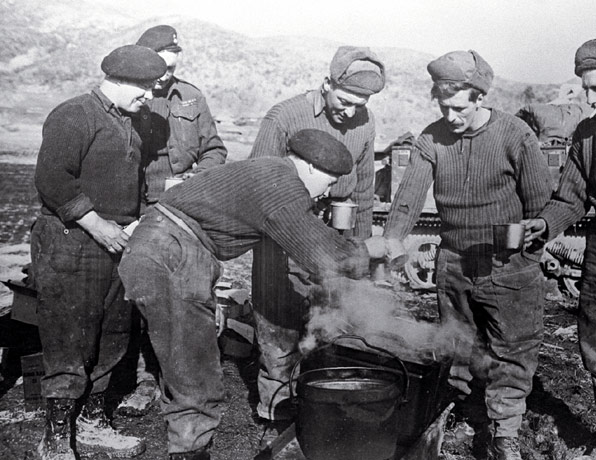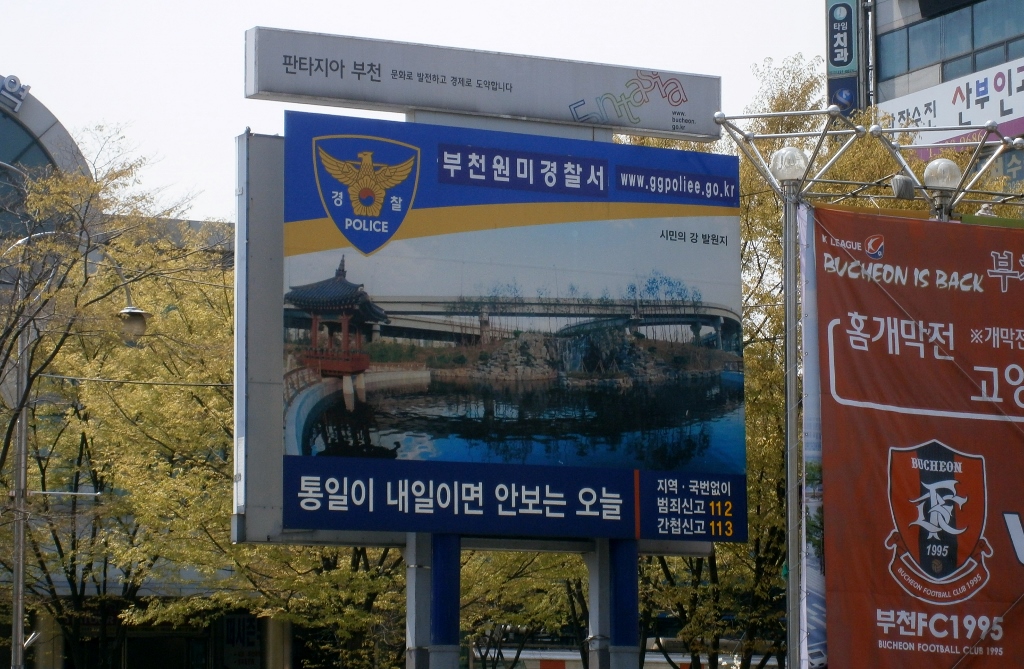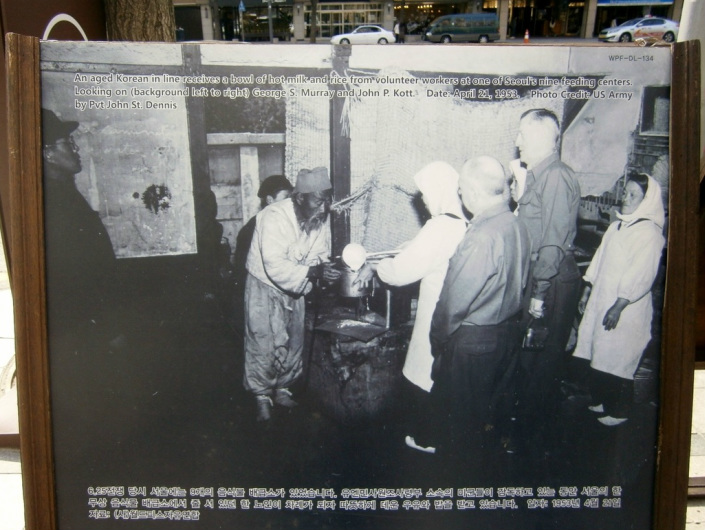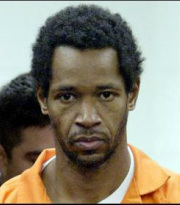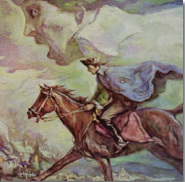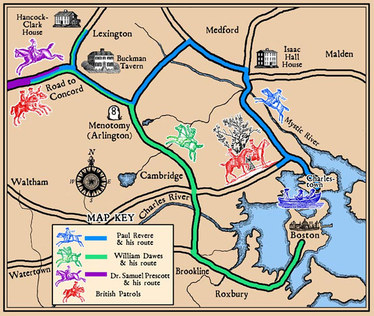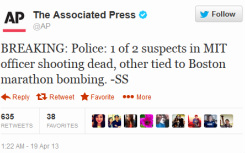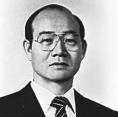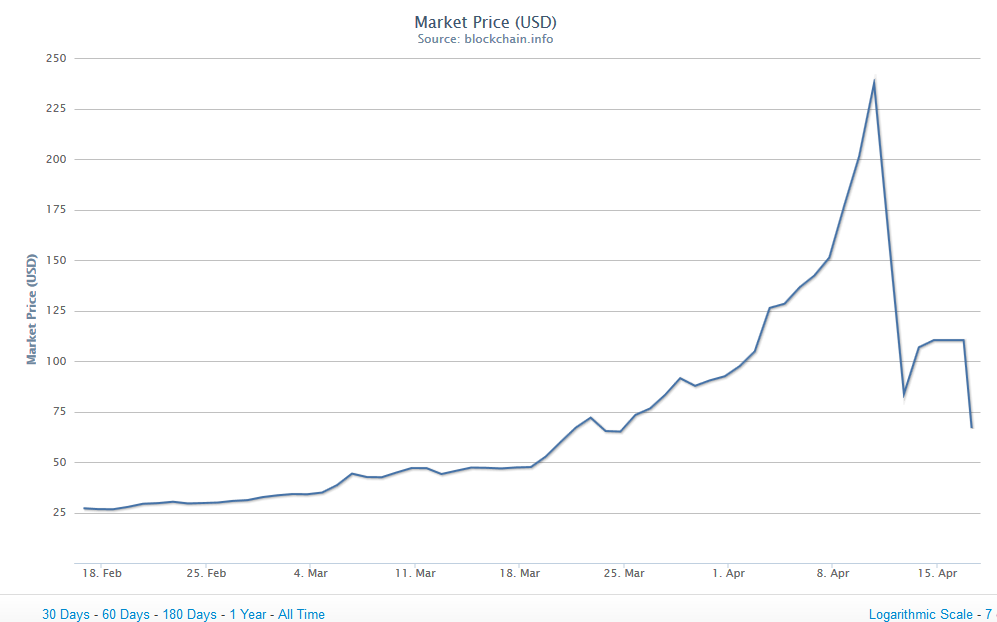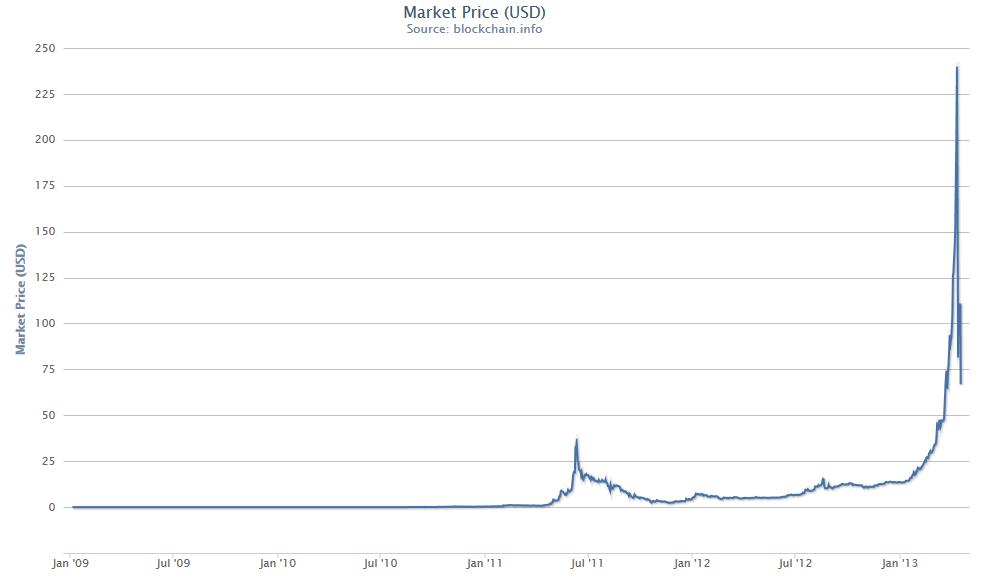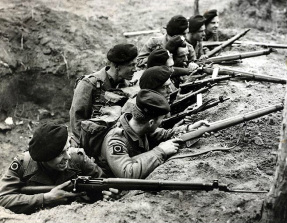
Possible photo of the “Gloucestershire Battalion”
from 1951 / Found on the Internet
“Though minor in scale, the battle’s ferocity caught the imagination of the world”, especially the fate of the 1st
Battalion of the Gloucestershire Regiment, which was
outnumbered and eventually surrounded by Chinese
forces on “Hill 235”, a feature which became known as
Gloster Hill. The stand of the Gloucestershire Battalion
together with other actions of 29th Brigade in the Battle
of the Imjin River have become an important part of
British military history and tradition. [
Wiki]
April 25th was the day the Battle of Gloster Hill ended in 1951.
There were 700-800 men in the Gloucester [Gloster] Battaltion on April 22nd. By noon April 25th, all but 40-60 (pictured below) were dead or en-route to NK/Chinese POW camps.
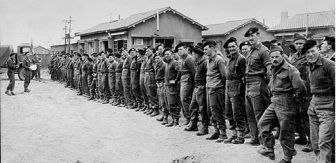
The several dozen men of the Gloucester Battalion
who escaped from Gloster Hill [from
here]
In total,
it seems that sixty-eight ‘Glosters’ died in the battle, and thirty more died in the POW camps, for a total of 98 dead as a result of the Gloster Hill action. In total, 1,109 UK soldiers died in Korea, so the small Gloster Hill action alone accounted for 8.8% of UK military deaths in the war.
There is a good write up on the battle here, and a series of posts about its commander, Lt. Col. Carne, here, written at the ROK-Drop blog.
I visited the site of this battle last year. Today, it is a leafy picnic area, with a few memorial stones and British flags. I wrote about this trip way back in
post-3.
Gloster Hill is near Jeokseong village (적성면) in the Paju region, and is neither easy to find nor easy to get to. The village of Jeokseong [pronounced “Juhk-Suhng”, formerly written as Choksong in English] is a short way north. We got a bus to Jeokseong and walked southeastward to find Gloster Hill. (It is also near a temple and a mountain, and supposedly a waterfall, which I don’t remember seeing).
Here is a Google-map, zeroed-in on the precise spot of today’s ROK/UN/UK flag display that anchors the memorial:
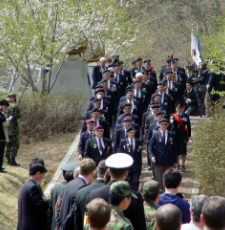
British Veterans marching in
Gloster Hill Memorial Park, 2007 [
Wiki]
“Standing directly in the path of the main Chinese attack towards Seoul in the First Corps sector was the 29th British Brigade. The brigade’s stand on the Imjin River held off two Chinese divisions for two days and ultimately helped prevent the capture of Seoul, but resulted in heavy casualties in one of the bloodiest British engagements of the war. During the fighting, most of the 1st Battalion, Gloucestershire Regiment were killed or captured during a stubborn resistance during the Battle of the Imjin River that saw the commanding officer—Lieutenant Colonel James Carne—awarded the Victoria Cross after his battalion was surrounded. Ultimately the 29th Brigade suffered 1,091 casualties in their defence of the Kansas Line, and although they destroyed a large portion of the Chinese 63rd Army and inflicted nearly 10,000 casualties, the loss of the Glosters caused a controversy in Britain and within the United Nations Command.” [
Wiki]
Last year, I read the
war-memoir of General Paik Sun-Yup [백선엽]. He had this to say in chapter 5:
Another prong of the Chinese offensive caught the British 29th Brigade, attached U.S. I Corps,
by surprise east of Munsan. The Chinese forces isolated Lt. Col. James Carne’s Gloucester
Battalion on a hill near Choksong [Jeokseong], whereupon the British fought like wildcats
for sixty straight hours to defend their perimeter, forging a Korean War legend in the process.
Some 760 of the Gloucester Battalion’s complement of 800 officers and men were killed, wounded,
of captured. Had it not been for the sacrifice of the Gloucesters, the enemy surely would have won
a position from which to threaten the approaches to Uijongbu.
Gen. Paik spent several paragraphs praising the British for their professionalism, also noting that “the British were absolutely devoted to the ritual observance of tea-time. They dropped everything at 4 P.M. to consume tea and cookies, even during combat. British artillery ceased firing for tea-time and then picked up the tempo afterward.”
Idea for a short-story or movie: “Tea-time at Gloster Hill“. A dark-comedy. Setting: British positions on Gloster Hill, April 23rd or April 24th, 1951. Why not?

